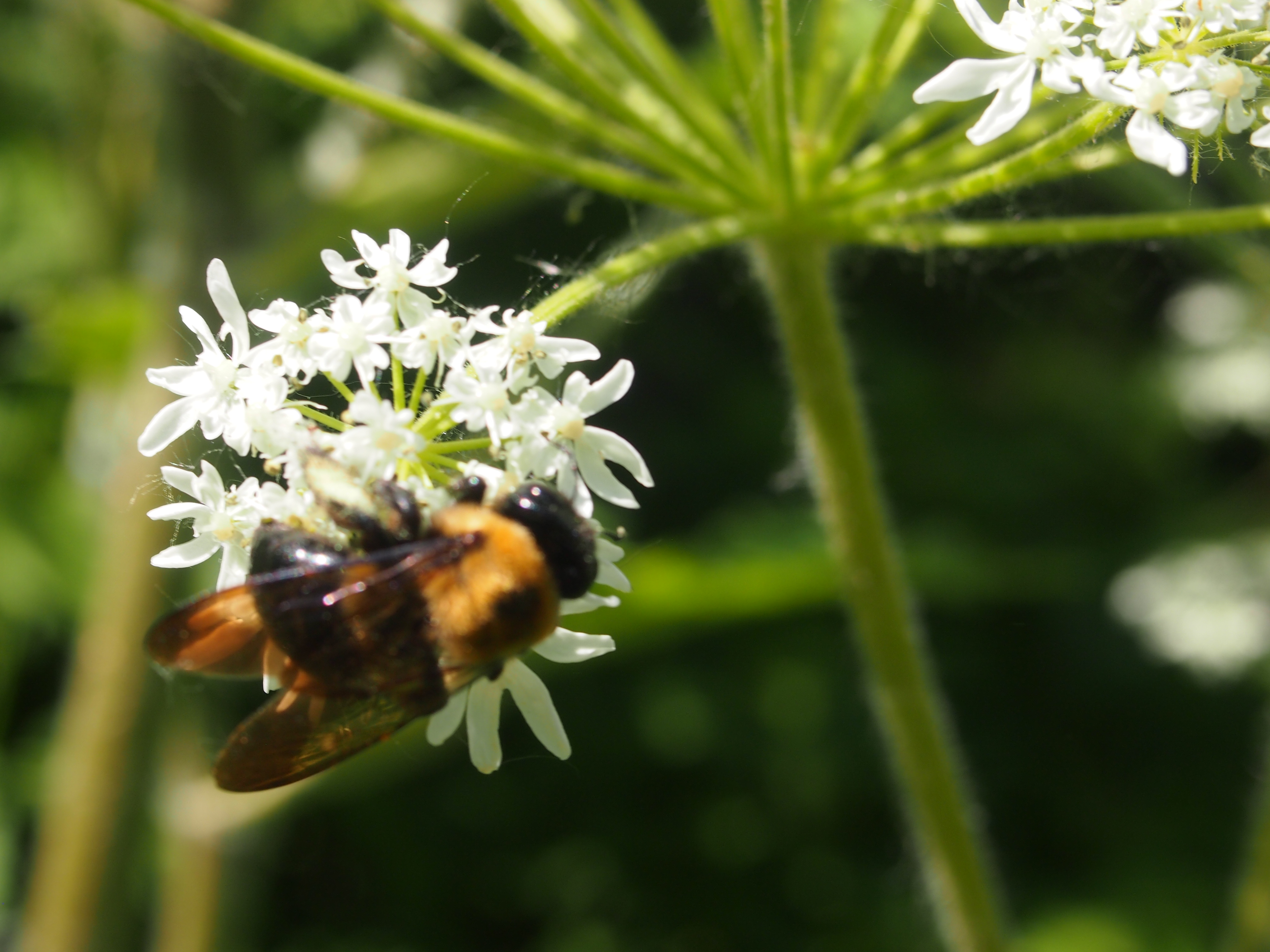On Saturday, I grilled in the back yard for a few old friends. Just ahead of the event, I bought a remarkable bit of fire-starting technology. Simple, but effective. It’s a device that ignites charcoal without the need for lighter fluid or even kindling wood. Naturally, it took me a while to find the damn thing, because I didn’t know what it was called (hardware stores are a marvel, but that’s a problem with them).
It’s a charcoal chimney starter. No doubt something along these lines was known to people as soon as metallurgy was discovered and the burning properties of wood charcoal were appreciated. Long ago, that is. For only about $15, I acquired a stainless steel cylinder, about a foot high and 7½ inches in diameter, with a row of inch-high slots around the bottom of the cylinder. Let’s see: the volume of a cylinder is V = hπr2, so that would be nearly 400 cubic inches. Enough space, as it turned out, to light enough charcoal to cook the evening meal.
Inside is a simple array of rods that divide the cylinder into a larger upper chamber and a smaller lower one, but air (and importantly, heat) can pass between the chambers easily. There are no covers or lids to it, but the cylinder does have a handle attached to its outside.
First, line the lower chamber with paper – newspaper in my case. Next, fill the upper chamber with charcoal. Then light the paper through the slots at the bottom. After the paper starts burning, leave it alone. The remarkable thing is that the paper will ignite the lower charcoal, with which in turn ignite the charcoal above it, until all of the charcoal is glowing hot. I suppose it works because the heat is contained and, since heat rises, it ignites the fuel above it. All together, the process takes about 30 minutes. Once the charcoal is hot, pick the cylinder up by the handle and turn it over to put the coals in the grill.
The hard part in all this was finding out what it’s called. I’d seen one used a few years ago, but that wasn’t much help, and I looked in vain in the grilling equipment sector of a big box store among many MeatMan 2000 UberGrills large enough to cook for a small army; say the Swiss Guard. So I did things the modern way, Googling “grill without lighter fluid” and the like, and before long, found a lot of videos like this.
Since I did this on Friday, it was then a matter of ordering one online for pickup in a store on Saturday morning. For mysterious reasons, the store cancelled my order right after I made it, and I didn’t notice the email telling me that, so it wasn’t waiting for me when I got there. But they had them in stock, so after some delay, the staff found one for me.
The surprise wasn’t that some high-tech system failed me in a minor way. The remarkable thing is that when I got the charcoal chimney starter home, it worked exactly as expected. No inscrutable instructions; no auxiliary parts that you need to make it work but which you don’t have; no important steps in the operation of the device that everyone assumes you already know, and so no one tells you about. Life might be dull if everything were this easy, but some things should be this easy.














